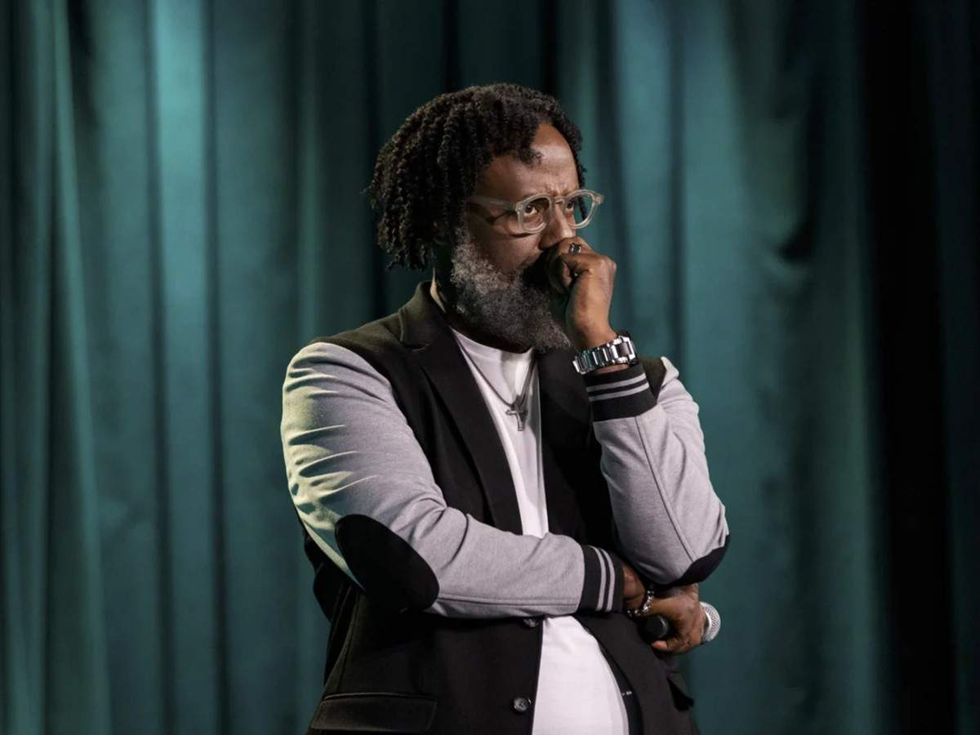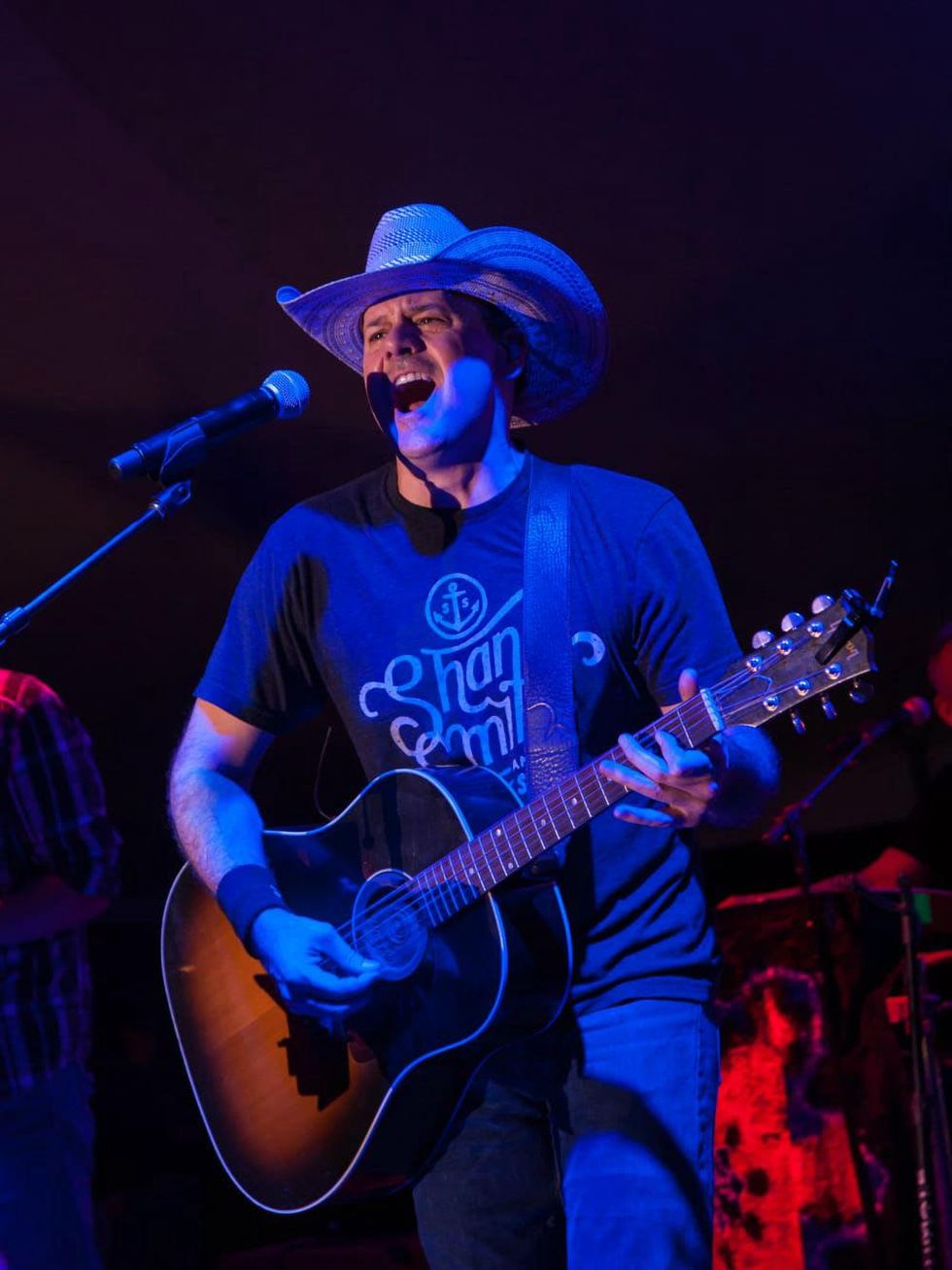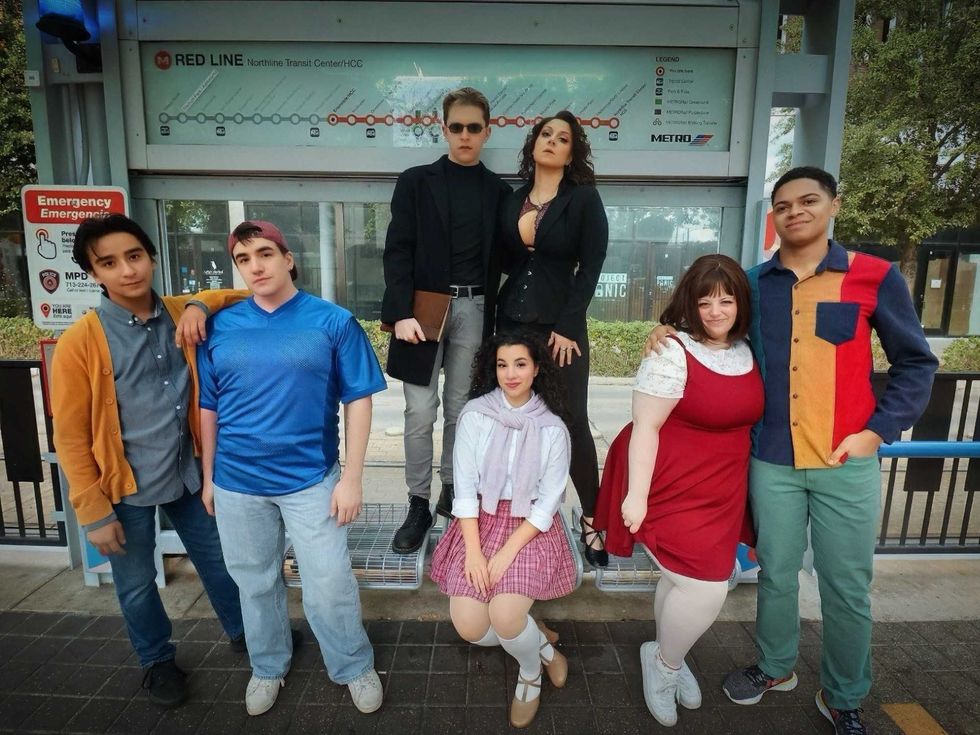15 more minutes
Still a legend: Bill Hicks' latest posthumous EP shows how great theHouston-raised comic was
Dec 11, 2011 | 1:00 pm
The world is about to meet another of the late, great Bill Hicks' many personalities. It was announced that three days before what would have been his 50th birthday, a fifteen-minute EP entitled simply 12/16/61 will be available for digital download on iTunes.
Hicks' ghost is of course no stranger to posthumous material—fully eight of his official albums, including the most well known, Rant in E-Minor, were released after his death in February 1994. (That's just as many as Tupac, for those of you counting along at home.)
12/16/61 was recorded when Hicks was 21 years old. Growing up in suburban Houston, Hicks and his friend Dwight Slade performed guerilla character bits, unsolicited, for their fellow high school students.
12/16/61 was recorded when Hicks was 21 years old. As young as that sounds, he was actually entering his seventh year as a performer. Growing up in suburban Houston, Hicks and his friend Dwight Slade performed guerilla character bits, unsolicited, for their fellow high school students.
When a comedy club finally opened downtown, in the early '80s, they put in their dues week after week. Using his strict family life as fodder for the stage, Hicks gained an early reputation as a rising talent, and achieved modest success after moving to Los Angeles right out of high school.
But after stalling, he returned to Texas and began to purposefully experiment with alcohol and psychedelic drugs to expand his mind and grow creatively. He quickly achieved a larger following for championing the little-mentioned beneficial aspects of drug use:
Eventually, his drinking caused his stage act to become so erratic that he was losing bookings and career traction, so Hicks sobered up and moved to New York City for another fresh start. There he would make his name as a deep thinker and brutally honest critic of American society and customs.
After impressing the international stage at Montreal's Just For Laugh's festival he became a sensation in the United Kingdom to a degree he never achieved in the U.S. in his lifetime, touring sold-out arenas and taping his “Revelations” special to a rock-star reception in London.
Hicks taped his final television appearance on Oct. 1, 1993 for The Late Show With David Letterman, but producers decided not to air the entire set because of a religious joke that's mild by today's standards (“If Jesus came back, he might not want to see so many crosses”).
But Hicks still longed for that kind of reception in America, something that he wouldn't live to receive; in the summer of 1993, he was diagnosed with pancreatic cancer, eventually returning to Texas once more to be with his family.
Despite his growing legacy as a controversial act, the most striking thing about Hicks is the conviction that he brought to every stage of his career, and the blustering indignity with which he attacked the institutions that he found to be absurd. He taped his final television appearance on Oct. 1, 1993 for The Late Show With David Letterman, but the producers of the show decided not to air the entire set because of a religious joke that's mild by today's standards (“If Jesus came back, he might not want to see so many crosses”)—though that's largely because Hicks paved the way to begin with.
Letterman would air the clip, and apologize for pulling it to Hicks' mother 16 years later:
Hicks was always driven to create, working on albums, music and a television pilot in the months before cancer cut his time short. 12/16/61 is a brief, welcome window for fans into the beginning of his most heady years of experimentation. For such a seemingly angry soul, Hicks loved to create and inspire, and his rage was only a product of his desire to connect with everyone that he could get to listen.
Weeks before his death, he wrote a final statement as if to comfort his fans about the injustice:
“I left in love, in laughter, and in truth and wherever truth, love and laughter abide, I am there in spirit.”





